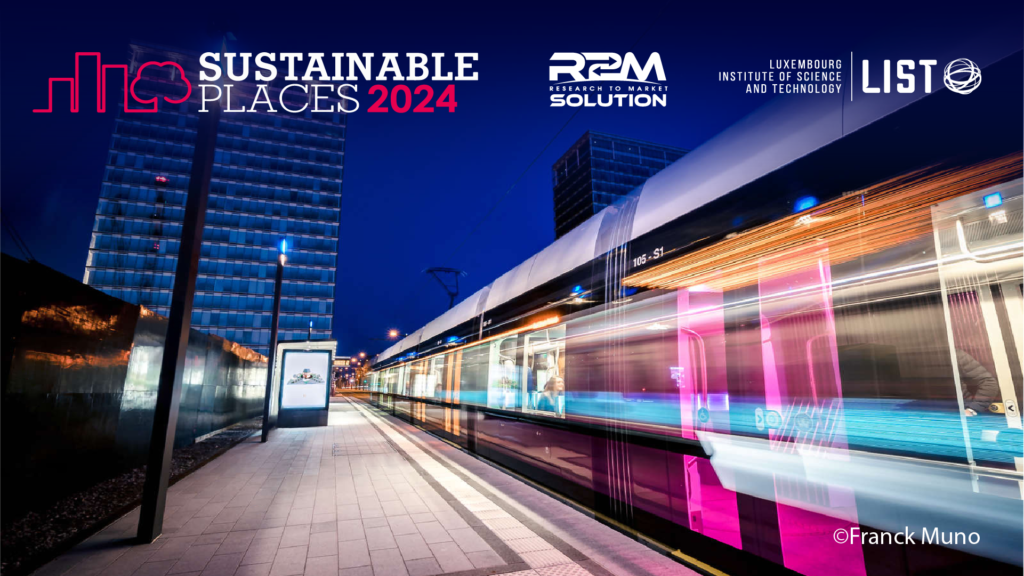Minority Report: Mitigating Environmental Disruptive Events using People-Centric Predictive Digital Technologies to Improve Disaster and Climate Resilience” Niall Byrne and Niall Buckley, IES R&D
Wednesday 25 September 2024 | 14:00-15:30 | Briefing Room IT | Paper Session| Hybrid

The presentation will introduce the recently started Minority Report project.
Despite digital, predictive systems improving our ability to foresee the impact of disruptive climate events on our cities, the complexity of these environments, coupled with the lack of data to assess the impacts of such events, leaves large swathes of urban areas exposed to future events. These conditions are exacerbated by climate change, growing urban populations, and vulnerable, ill-equipped building stocks, designed for a shifting climate, thus not guaranteeing occupants’ safety and resilience of the interconnected built environment.
Minority Report will develop and implement a co-creation framework, to support the delivery of a people-centric technology platform integrating: 1) innovative predictive digital technologies, 2) rigorous models (3+) for risk (including vulnerability and uncertainty) assessment and categorisation, 3) advanced weather forecasting and early warning for climate events, 4) BIM, digital twins, monitoring systems and DSS, 5) energy simulations and behavioural models based on AI (including evacuation models), 6) newly developed approaches from SSH (>20 co-creation events), 7) and deep renovation passports (3+, efficiently combining 10+ deep retrofit solutions).
The final objective is to deliver the Minority Report technology platform for a functionally sustainable circular value chain for construction and renovation of built environments, for improved climate change mitigation (heat waves, category 5 storms, wildfire) and disaster resilience (floods, earthquakes, etc.), through unprecedented environmental targets (70% Energy savings, 30% Carbon footprint reductions, 60% Environmental impact reduction).
Minority Report will apply its universal co-creation framework across three demo sites representing three distinct climatic areas, situated in the EU and the Indo-Pacific (Dublin IE, Patras GR, Wellington NZ). These demo sites share both common and local environmental and societal challenges, which enrich the proposal’s scope and scalability.
Session Chair:
Niall Byrne, IES R&D – Niall Buckley, IES R&D
Workshop Chair: Sébastien Faye, LIST, Luxembourg Institute of Science and Technology
